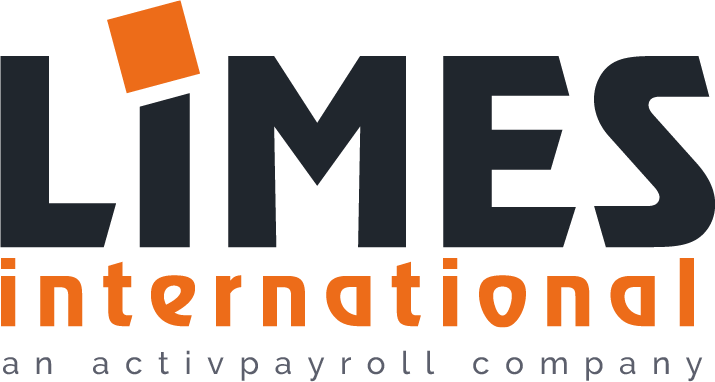Employers with international teleworkers will need to take action before 1 July 2024 to avoid potentially being covered by the social security system of the teleworkers’ country of residence and triggering social security non-compliance during the period 1 July 2023 through 1 June 2024. In most cases this will also trigger a foreign payroll administration requirement for the employer.
Earlier, we informed you about the EU Framework agreement under which, from 1 July 2023, international teleworkers can remain covered for social security in the Member State where their employer is based. The Framework agreement can only be applied if the authorities in the Member State where the employer is based have issued an A1-certificate to that effect. For these types of situations during (part of) the period 1 July 2023 until 30 June 2024, the employer together with the employee can still apply for such an A1-certificate retroactively if this application is filed before 1 July 2024. Applying for the A1-certificate (in case the international teleworker’s situation qualifies under the EU Framework agreement) makes sure that the teleworker will not become mandatorily and exclusively covered by the social security system of the country of residence. Failing to apply before the 1 July 2024 deadline, can even lead to international teleworkers effectively (temporarily) not being entitled to social security benefits due to payroll and social security contributions non-compliance by the employer.
From 1 July 2024, the A1-certificate must be applied for within 3 months of the start of work.
We are happy to assist you with assessing for which of your international teleworkers these rules apply and for which an A1-certificate via the EU Framework agreement can be a solution. We can also take care of the A1-certificate application, advise on tax consequences and assist with any (foreign) payroll requirements related to international teleworkers.


